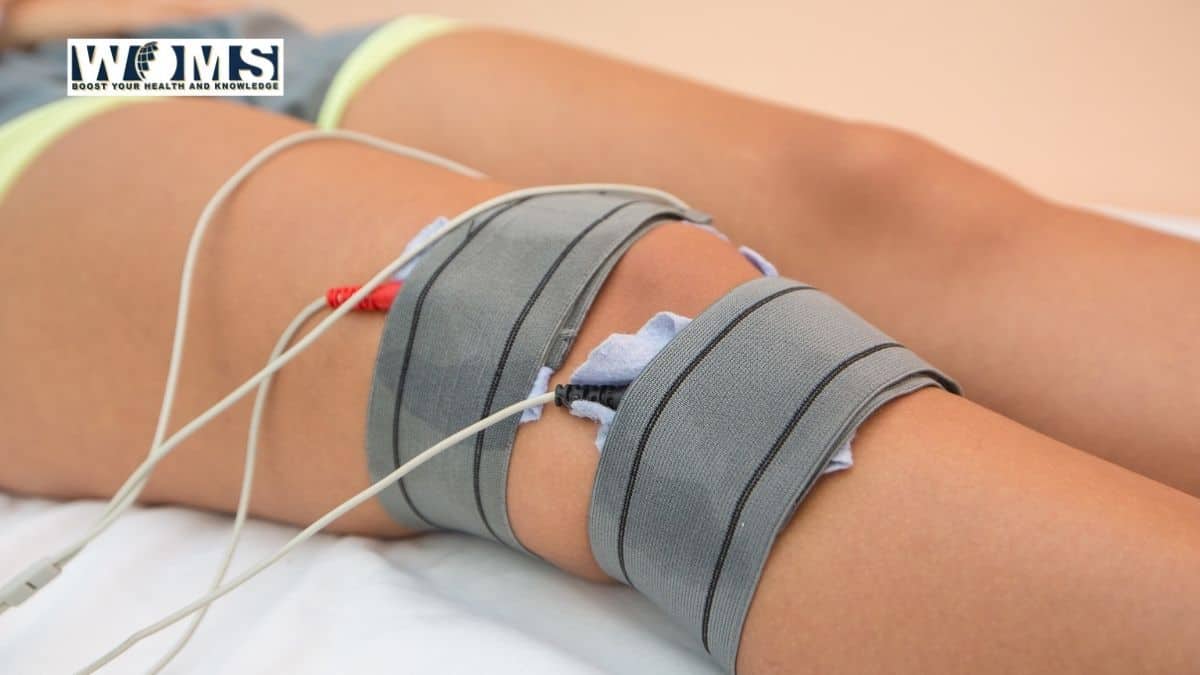Benefits of Physiotherapy and When It’s Necessary

Whether you are a new mom recovering from pregnancy and childbirth, an active athlete, or an office worker struggling with chronic pain or posture, pain can be destructive. Pain can disrupt everyday lives, affecting your emotional well-being too. However, most people associate physiotherapy with sport and back-related injuries.
Signs You Need Physiotherapy
Physiotherapy can benefit individuals of all ages suffering from injuries, illnesses, or medical conditions that often limit movement and the ability to function. Physiotherapists can personalize a program to suit your specific needs and health status to assist you in returning to your normal functioning. Physiotherapy treatment enhances range of motion, improves muscle balance, relieves pain, and reduces stiffness. Some of the signs you may benefit from physiotherapy may include:
- You have lost your balance
- You experience pain while at your desk
- You are always in pain
- You’re urinating uncontrollably
- You experience a sudden change of mobility or movement
Types of Physiotherapy
A physiotherapist can provide different treatment types, depending on what you want to achieve. Some patients will require one or a combination of two or more kinds of therapy. Orthopedic physiotherapy focuses on fixing mobility issues from overusing some body parts, enhancing general mobility range, and bad posture. It’s usually rehabilitative and recommended after accidents and fractures to restore regular movements.
Cardiovascular and pulmonary physiotherapy is common in older adults with breathing and blood circulation challenges. Individuals who have undergone surgery may consider cardiovascular physiotherapy to improve breathing and blood circulation. Sports physiotherapy is often beneficial to athletes and sportspeople to ensure optimum performance, assist in recovering from injuries, and prevent injuries.
Geriatric physiotherapy benefits older individuals suffering from paralytic attacks, arthritis, or stroke. It restores body functions. Pediatric physiotherapy focuses on children suffering from neurological disorders arising from birth disorders, genetics, or accidents. Neuro-physiotherapy benefits both adults and kids by helping them to overcome neurological conditions.
Benefits of Physiotherapy
Physiotherapy uses different methods, including heat therapy, muscle stretching, electrotherapy, and joint manipulation. It helps in pain management, avoiding surgery, post-fracture stiffness, and preventing injuries.
Better Sleep Cycle
Constant pain is often physically exhausting. It can affect your quality of sleep, yet a good night’s sleep is necessary for recovery. Fortunately, people can enjoy better sleep through physiotherapy. Physiotherapists incorporate light exercises into their treatment procedures that aid in the release of endorphins and reduce pain. Consequently, patients can sleep better and restore their sleep cycles. Physiotherapy focuses on giving patients the right kind of exercises to stretch out muscles and improve their sleep quality.
Preventing Injuries
Most people sustain injuries through a fall or accident. However, some injuries may develop over time. If you want to get into sports or hit the gym, it’s best to consult a physiotherapist to identify bad habits and analyze your movements. Physiotherapy can assist in developing a coordination and strength program to keep people injury-free. It monitors movement patterns and reduces the risk of reinjury for people planning to try a new fitness routine. Physiotherapy helps to rehabilitate people, regain strength, and understand things to change to avoid re-injuries.
Manages Pain
Chronic pain is among the most agonizing experiences. Whether the pain has recently begun or has been bothering you for a long time, physiotherapy is a significant step to relieve and manage the pain. A physiotherapist will assess and understand the pain then provide an array of physical therapies to reduce and manage pain. Physical therapy techniques aim at mobilizing soft tissue and joints to manage pain, restore muscle function, and eliminate pain.

Avoid Surgery
Physiotherapy can assist in avoiding surgery in some cases. Since it eliminates pain and enhances physical health, physiotherapy can heal injured tissues and facilitate mobility. Therefore, it saves you the need for surgery. If you have already had surgery, physiotherapy can aid in fast recovery and get you into good shape after surgery. Also, physiotherapy treatments before surgery can mitigate surgery complications.
Improve Mobility
Physical therapy can help people experiencing trouble walking, standing, or moving. A physiotherapist will design the proper treatment that includes strengthening and stretching exercises to restore mobility. A physical therapist will fit you with crutches, a cane, or other devices for improved mobility. The professionals can personalize an individual physiotherapy plan for the vital activity in their lives. Patients can then practice and adapt to the care plan for optimal performance and safety.
Physiotherapy can also help in improving coordination and recovering from work-related injuries. Physiotherapy can help with the persistent back pain you experience at work. Consult a physiotherapist to manage work-related injuries and your capacity to recover while returning to work safely. Physiotherapy also helps to improve your posture at work to avoid neck, back, and leg pains. A physiotherapist can recommend an appropriate work set up to enhance the postural muscle function and prevent persistent postural pains.
Recover from a Stroke
It’s not unusual to lose some level of movement and function after a stroke. Fortunately, you can reverse the effects of stroke within the first three to four months. You could benefit significantly from physiotherapy if you have recently suffered a stroke. A physiotherapist designs the proper exercise to help in recovering after a stroke. It strengthens the weakened body parts and enhances gait and balance. Physiotherapy also improves the ability of a patient who has suffered a stroke to move around in bed, encouraging independence and reducing the burden of bathing, toileting, and dressing, among other daily activities.
Sports Injury
Physiotherapy helps with sports injuries. Every game has a sports therapist to assist players in maximizing their potential in sports and recovering from injuries. Since therapists understand how sports can increase the risks of sports injuries like stress fractures, they can design an exercise program for your specific game. Physiotherapy allows athletes and sportspeople to safely return to their sport even after an injury.
Consult a physiotherapist if you experience joint pain, stroke, frozen shoulder, post-surgery complications, or arthritis. Physiotherapy has several benefits, including fast recovery from sports injuries, managing pain, recovering from a stroke, and improving mobility. Work with a physiotherapist for customized treatments.




